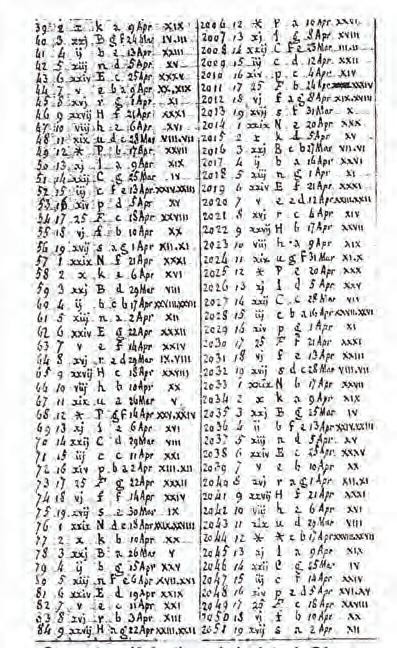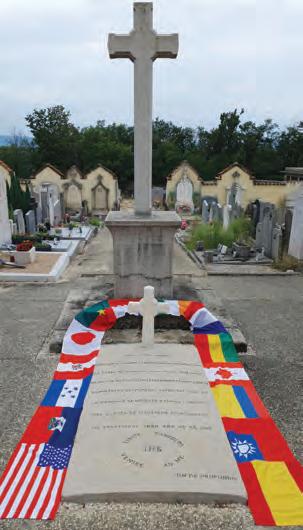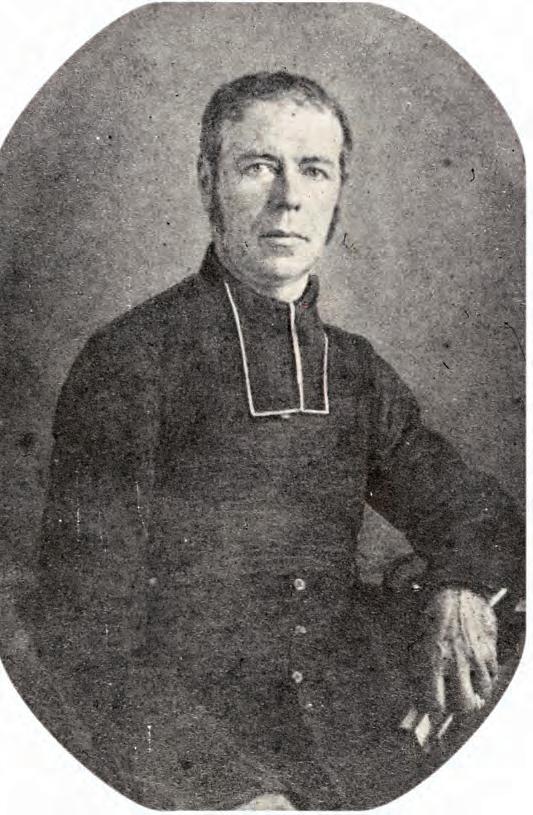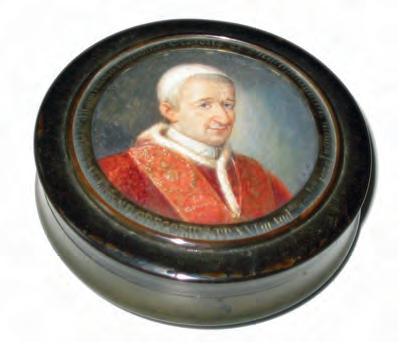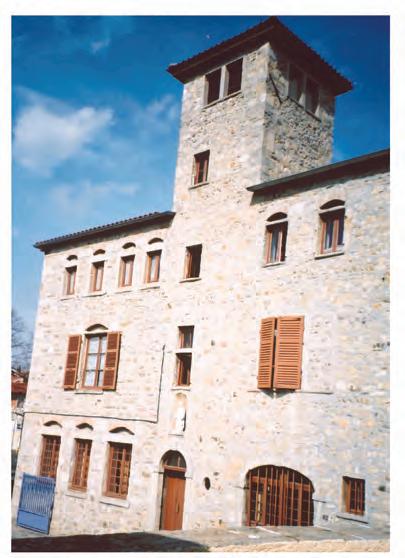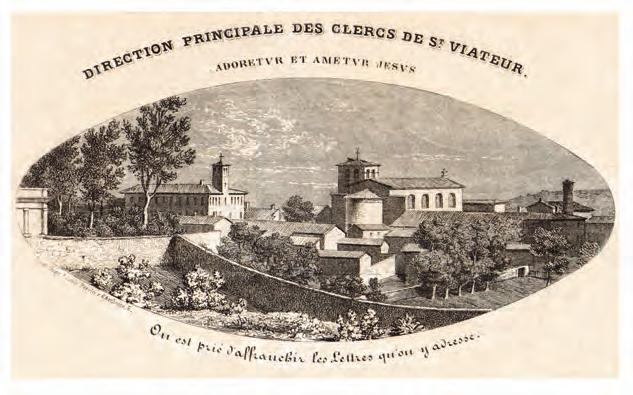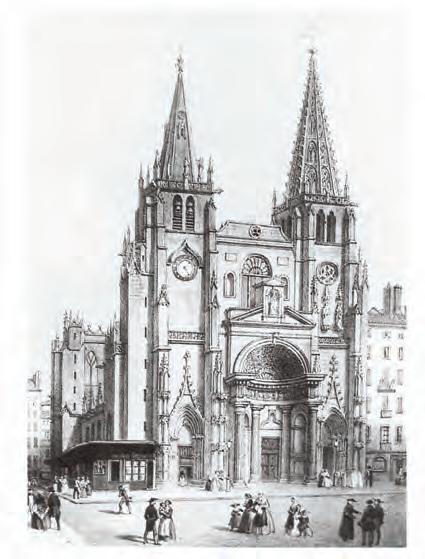
2 minute read
Renewing the Parish of Vourles
Vourles, Present Façade of the Church
(Photo Élie Salesses) Fr. Querbes was very active; he was the director of the choir; he preached often (some of his sermons have been preserved). So, in 1822, the bishop’s council asked him to be the leader of a society of diocesan missionaries which was being created in the Diocese of Tours. He preferred to remain in Lyon. His friends Donnet and Dufêtre went to Tours. The former would become Cardinal Archbishop of Bordeaux; the latter, Bishop of Nevers.
Advertisement
Renewing the Parish of Vourles
On October 25, 1822, Fr. Querbes was sent to the affiliate parish of Vourles, a small village of about 800 people, devastated by the Revolution where there was a lot of work to be done. He spent 37 very active years there. From the very first year, catechism classes were regularly taught every day at 11:00 a.m. from All Saints Day to Easter. During the rest of the year, Vespers was celebrated every Sunday in the church. Classes for adults were held during Lent. The Society of the Blessed Sacrament was created for the men and the Society of the Rosary, for the women. With the help of the town council, a new church was built. To enhance the beauty of the ceremonies and to encourage the participation of the faithful, he collected songs, revised them as needed, and published them in a book which by 1861 had grown to 15 printings and editions. A collection of plain chant was published and reprinted three times. He also left in manuscript form a small book of chants for the altar boys of the parish of Vourles. In 1823, the pastor arranged for the Sisters of Saint Charles to open a school for girls. It was the first one to be opened in the deanery. For the boys, he asked for a Marist brother but was refused because the parish could not pay for the services of 2 or 3 religious. His first biography notes: “He complained about the educational gap that was ignored by the teaching communities. He painfully observed that the rural parishes were without elementary masters from religious orders; they just had hired masters who instead of being helpers to the regular parish priests, were, at least most of them, their most dangerous critics.” In 1824, Pierre Magaud, of the Diocese of Belley, nephew of the mayor of Vourles, left the Institute of the Brothers of the Christian Schools under unusual circumstances. He wanted to be a priest and left without the permission of his superiors. He took refuge in Vourles where the pastor wrote in his favor asking for a dispensation from his vows. The Bishop of Belley, having been made aware of the circumstances of his departure from the Institute, at first refused to admit Magaud to the seminary. (He would eventually admit him.) The pastor of Vourles welcomed the former religious, tasked him with opening a school for boys, and taught him Latin, the arts, and courses in pedagogy. He made him, as he wrote, “a cantor, sacristan, catechist, table guest and companion.”

